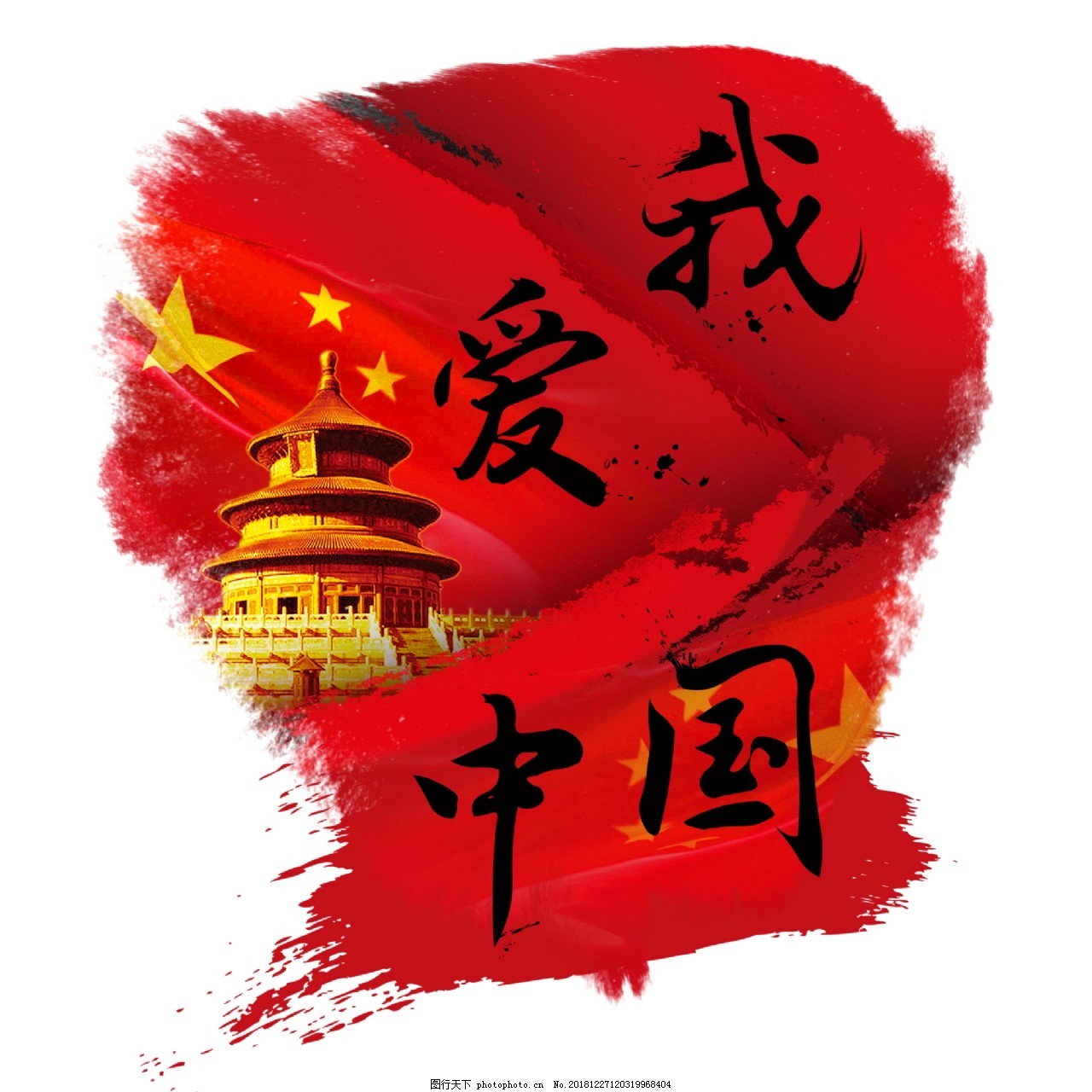Just finished making my first, for numbers 1-10, some teens, and some double digits. out of the total 25 I made, it was an absolute grind. Wanted to know if anyone out there has shared their decks, so lazy people like me don’t need to make them ourselves (lol). Thanks in advance, comrades!

It depends on what exactly you want them to have, but there are quite a lot to download from Anki’s web site.
Not sure if it’ll help but there are some ways to automate making anki decks. I wrote about doing it for Spanish cards. The only difference for you is that you might have some extra steps if you want characters and Pinyin.
yeah, so far i’ve done characters and pinyin but i am sure i’ll figure it out. thank you! also, what is the reliability if google translate? i have heard negative things about it but are the mistakes only limited to grammar/sentence structure and not individual words?
I find Google translate very useful. I’ve never really used it for longer texts. I mainly use it for individual words as a kind of instant bilingual dictionary.
Sometimes I’ll use it for sentences to check my own meaning – and I can work out if I was roughly correct or if Google isn’t going to help with this it that sentence. Sometimes it’s wildly off, but obviously wrong. E.g. I translated a character(s) that I knew was an animal (because I knew the rest of the sentence in a children’s picture book and I checked the word in a dictionary after) but Google translate gave me something entirely unrelated. I can’t remember what the word(s) were; this is just an example of where it went wrong.
Other times, it’s not as useful as it could be because it gives you one meaning for a word and you’re looking for another. If Google translate gives you a different translation to the one you’re expecting, you might think you’re wrong but in fact, it’s just a word with multiple meanings. In that case, try translating the full sentence as the context can sometimes trick it into giving you the more appropriate translation.
I found this works especially for bing translate (the one built in to kindle). You can always cross reference words in DeepL, too, but neither bing nor deepl will help to automate Anki cards in the way that I described, unfortunately.
It doesn’t take long to get a feel for it. One thing that might help in general is knowing that the most common words sometimes have hundreds of meanings. Google translate doesn’t stand a chance for some of the more obscure usages unless you translate a specific collocation.
The trick – perhaps with all new vocab – is to stick with one or two ‘core meanings’; if your translation means you can understand the gist of the word in context, that’s fine to start with. You can build nuance later. E.g. take the Chinese for ‘burgundy’. If you translate this as ‘red’, you’ll be fine. Eventually you’ll come across another type of red and ‘red’ itself and you’ll say, ‘hang on I thought burgundy or rouge was red’. At that point, you can figure out the differences.
If you take a similar approach, Google translate should work just fine. I should say that I have more experience using it for Spanish but I did use it for Mandarin for a while (I postponed my studies because I couldn’t find the kind of resources that I wanted).
All the above is talking about translating one or two words from English into the target language. Until your Mandarin is strong enough, you might not want to rely on it for translating full English sentences into Mandarin because you won’t know if it’s right.
One trick, eventually, is to type in a target language sentence that you have written and translate it into English. This will give you an idea of whether you’re correct. If you seem close, you can type the sentence in English that you’re trying to say in the target language and click translate. Then you can compare Google’s version with your version and you’ll either learn something about the grammar/vocab or realise you can’t rely on Google for this sentence.
I should also say that it’s most reliable to translate from the target language into English because you’ll know to be wary if the English sentence is off. Also, I believe that if you translate e.g. from Mandarin to Spanish, behind the scenes it goes Mandarin to English to Spanish, so there’s more room for error.
All in all, it’s a good resource, but knowing it’s limitations will help you to get more out of it.
thanks so much!
This worked wonderfully, I used an extension called Mandarin Cantonese Tools to add the pinyin.
Great news! I’m glad to hear it worked for you 🙂
There are sites like this, too, if you just want the Pinyin for a longer text of characters (is it called a text if it’s in characters?): https://www.chineseconverter.com/en/convert/chinese-to-pinyin
thanks, i used that while making the aforementioned first deck.



